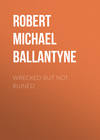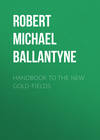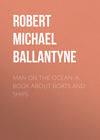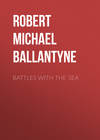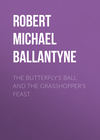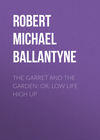Читать книгу: «Wrecked but not Ruined», страница 3
Что-то пошло не так, попробуйте зайти позже
Покупайте книги и получайте бонусы в Литрес, Читай-городе и Буквоеде.
Участвовать в бонусной программеЖанры и теги
Возрастное ограничение:
0+Дата выхода на Литрес:
30 марта 2019Объем:
100 стр. 1 иллюстрацияПравообладатель:
Public Domain
